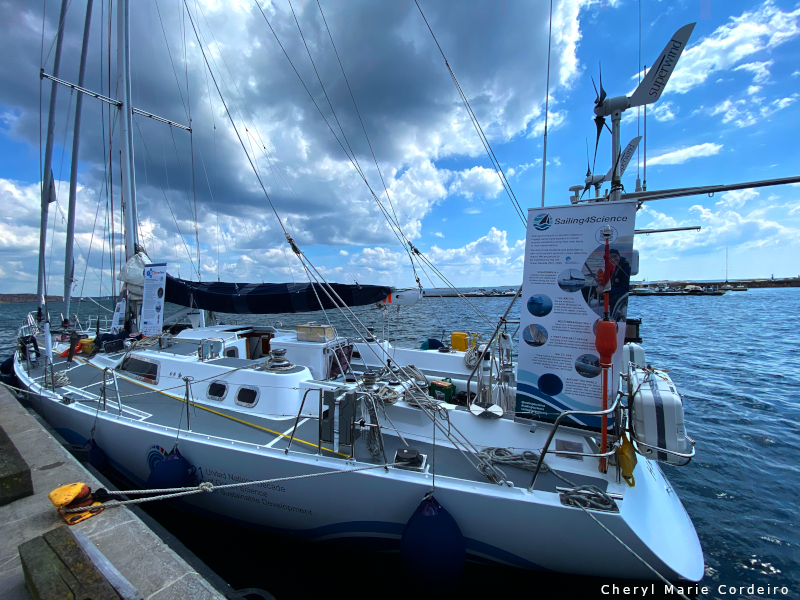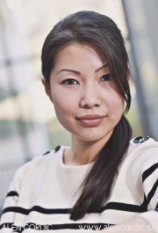
Photo & Text © 2025 JE Nilsson, CM Cordeiro
It’s a warm July afternoon. Low clouds drift lazily over the archipelago. Beneath them, the granite cliffs of Smögen rise from the sea, a sculpted memory in pink-grey that is sea-worn, and timeless. The town’s wooden boathouses, painted in reds and mellow yellows, lean against each other in an uneven row, anchored by the bustling boardwalk, parts of which snake along the harbor.
It’s here, outside a popular seafood restaurant called Göstas Fiskekrog, that a steel-hulled yacht appears to have sailed out of another chapter entirely.
Continue reading “Sweden’s Coastal Frontier: Where Seafood, Science, and Sustainability Meet”







 It was also during this time that Geely acquired Volvo Cars from American Ford in 2010, landing China the single largest foreign acquisition, at the same time (
It was also during this time that Geely acquired Volvo Cars from American Ford in 2010, landing China the single largest foreign acquisition, at the same time (